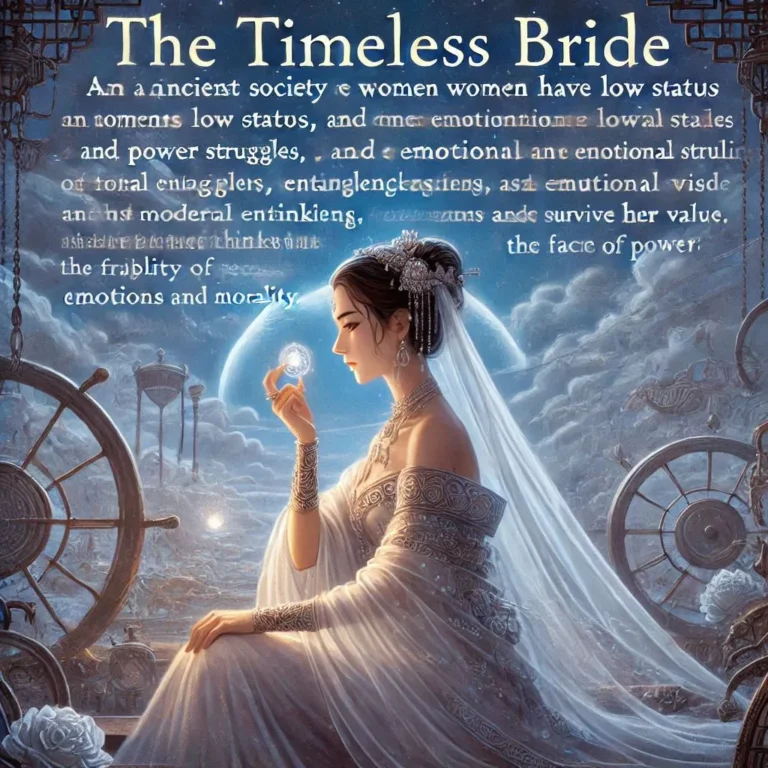“Thank you for your kindness, Your Highness,” Hans Borg bowed. “I just remembered I have something to handle and must take my leave.”
“What a pity,” Anna Belle tilted her head, an expression of disappointment crossing her face. “But where is William Mina? You two are usually inseparable.”
“Her Highness is tired and has gone to rest. I was about to bring her for dinner.”
“Poor Wili,” Anna Belle smiled, her elegance and charm gradually revealing themselves. “I hope she can tell me if she needs any help.”
“Your care will surely be remembered by Princess William Mina. Thank you.”
Anna Belle let out a light laugh and walked away.
Hans Borg’s expression darkened after she left. Clenching his fist for a moment, he turned to continue searching for the missing young master with his subordinates.
As time passed, William Mina was still nowhere to be found. With guests starting to leave, if William Mina didn’t come out to see them off, it would be inexcusable.
What if she wasn’t hiding, but had been kidnapped?
Hans Borg broke out in a light sweat in the cool spring breeze. The news of the child’s disappearance finally reached the Emperor’s ears. The fact that Cairns had also disappeared with William Mina made it more complicated.
“I am very disappointed, young man,” Emperor Alexander said, looking regretfully at Hans Borg. “You failed to take care of her.”
“I am deeply sorry, Your Majesty. This is my negligence. I will do my utmost to find Her Highness and accept punishment,” Hans Borg bowed, appearing both panicked and respectful.
Anna Belle, standing by the Emperor’s chair, looked relaxed. “If Wili were missing alone, it would indeed be worrying. But if she’s with Cairns, I probably know where they’ve gone.”
At this moment, the two children were struggling through a narrow tunnel, emerging from a place dense with ferns. Both were covered in mud and leaves, with William Mina’s hair completely disheveled.
“Where are we?” William Mina looked around.
It was dusk. Dense birch trees surrounded a small pond with a dilapidated white marble pavilion by the water. Most of the Roman columns had fallen, and the roof lay scattered among the grass.
The area was overgrown with weeds, desolate and silent, emanating a strange atmosphere.
But this atmosphere excited William Mina.



